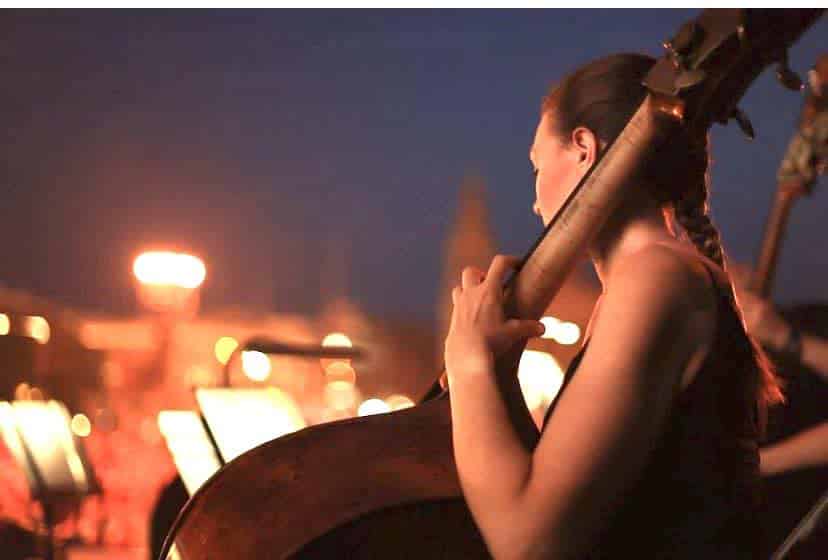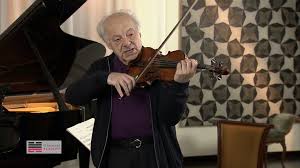Shostakovich’s English secret
mainThe conductor Thomas Sanderling has uncovered a wartime suite of romances by Dmitri Shostakovich on poems by Shakespeare, Walter Raleigh and Robbie Burns. Even more remarkable is a wondrously unidiomatic orchestration of the Scottish ballad, Annie Laurie. Who knew?
Gerald Finley sings the glorious world premieres on an imminent Ondine recording.






Nothing new! Has all been recorded before… But I am still looking forward to the great Finley singing it!
Well… the Romances are rarely performed but have been recorded several times in their piano and orchestral guises. The Annie Laurie arrangement is not an unknown either – it was lurking in the Glinka Museum.
So I’m not sure what secret has actually been unearthed here.
Maybe the Scottish thing is new, but the Romances have been recorded before. Actually, I sing them myself!
The Romances are sung magnificently by Finley in English (an approved alternate version, recently uncovered) for their first recorded performance. I am listening to it on Spotfiy as I type . . .
Technically, settings of Burns would be his “Scottish secret”….
The language is English.
Just about.
The Romances have usually been sung and performed in the chamber orchestra version, not in the original 1943 version for full orchestra. The Scottish Ballad (Annie Laurie; orchestral version) is a premiere recording. As for the Michelangelo Suite, it is recorded for the first time sung in Italian (orchestral version).
Well, not quite… The original version is that of 1942, with piano accompaniment. Is there a recording if the 1943 orchestral version? I’m intrigued.
This recording includes 1943 orchestral version.
“Wert thou in the Cauld Blast” by Burns is done in concert quite a bit. I think the set of these songs (at least in the orchestral version) ends with The Grand Old Duke of York
Not quite: the poem in question is titled “The King’s Campaign” and is a variant of “The Grand Old Duke of York”; However, this one has a sting in the tail that the original doesn’t have, and must surely have appealed to Shostakovich’s mordant sense of irony:
“Up to the top of the hill
The King has marched his men;
The King has come down back again,
But without his band of men.”